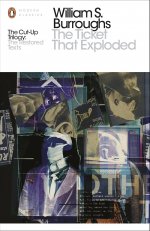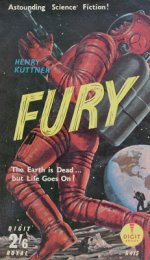IdleRich
IdleRich
I've read junky but it was years ago and can't remember anything about it now. He definitely keeps coming back to it and Queer in the cut up era books.
¡Oye! Are any of you lot gonna read Ticket? I've already started it.
I went to the (enormous) local second hand bookshop and asked if they had any Burroughs (there are too many books divided into too many sections to simply search) and they said they thought they had some Burroughs in the classics sections. And fair enough they did. But not the Ticket That Exploded I'm afraid.


